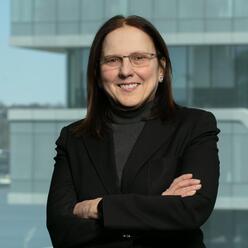What should the 100 day plan be for two outsourced facilities management companies merging who were radically different in style and substance and longtime rivals?
What should the 100 day plan be for two outsourced facilities management companies merging who were radically different in style and substance and longtime rivals?
This fictionalized case explores an increasingly common challenge for private equity firms in the 21st century: how to drive shareholder returns via strategic repositioning and operational improvements, and not rely solely on financial engineering. Set in the "100-day planning workshop", a full-day conference typically held shortly after a deal closing, the case follow Sarah Chiang, VP at New York-based private equity firm Cahill Freeman Partners as she convened management, board, and industry advisors to examine important questions. The deal itself was a bold "twofer", a simultaneous leveraged buy-out and merger of the $1.7 billion Dallas-based Foster Industries and the $1.3 billion Cleveland-based SmartServices—in the outsourced facilities management (OFM) space. Despite a strong investment thesis and financing scenarios, the deal faced substantial strategic, governance, and managerial challenges. How would they pursue growth and margin when the two companies had different business models? How would they trim costs? Did management need outside support to execute? Did it make sense to reorganize company across its sprawling footprint? What about the social issues—at every level up to and including top management—between two companies that were fierce rivals for years? And finally, what should the PE firm and management prioritize as the best use of cash—reinvestment, acquisitions, or returning cash to shareholders? The investment committee saw a perfect deal on paper, but was this indeed the "perfect deal" or did it have the potential to turn into the "perfect storm"?
